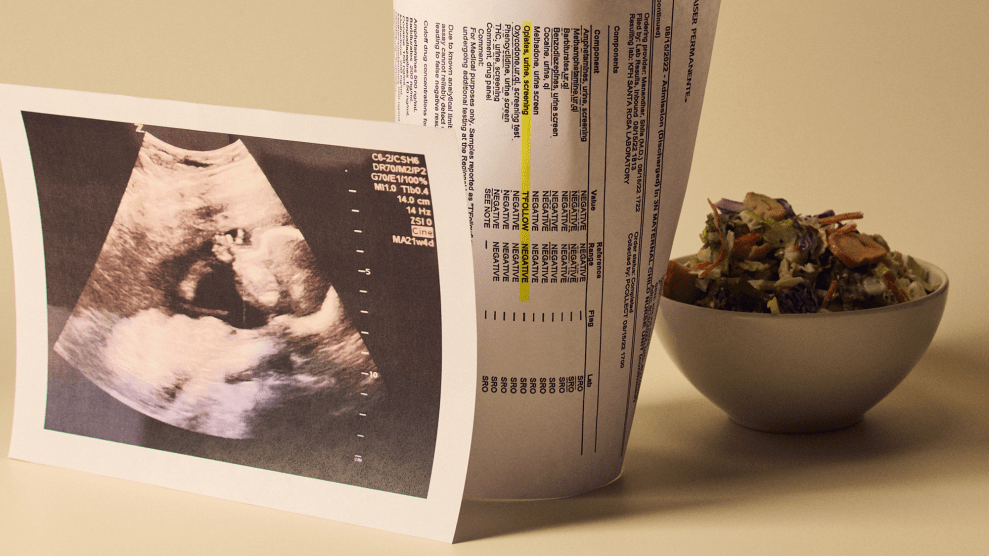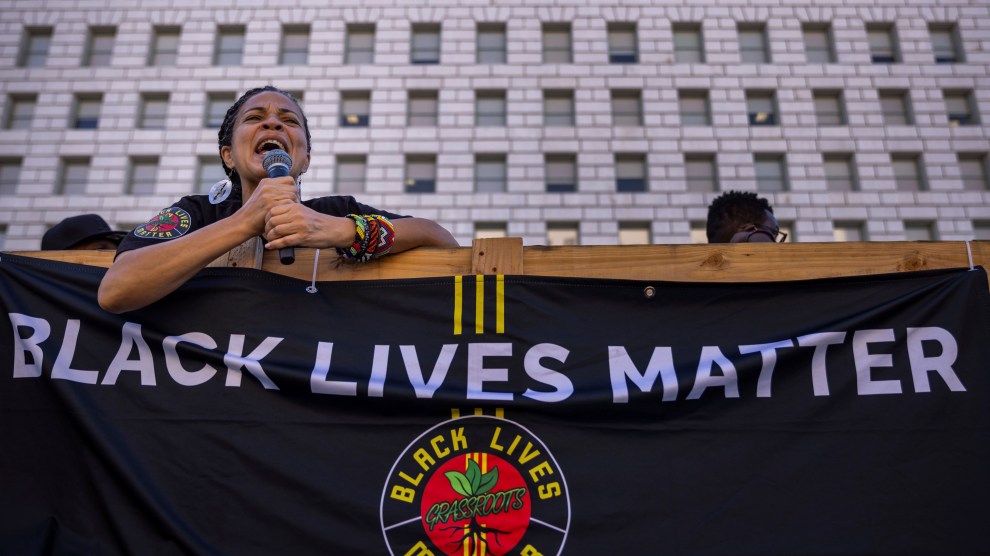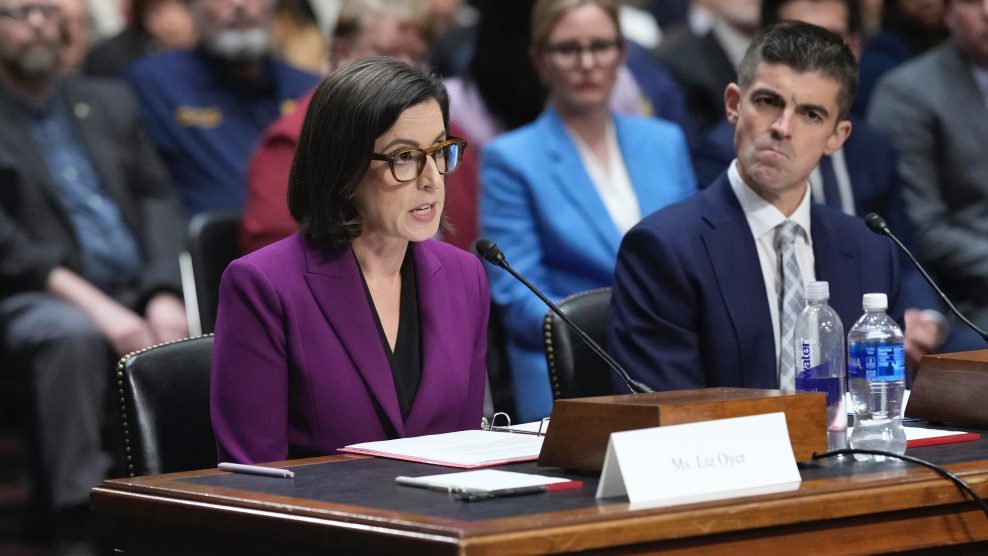Megan McArdle points out that cars are a lot harder to steal than they used to be:
Other forms of crime are also getting less lucrative. “Small-time marijuana dealer” is no longer a viable career option in several states. Robbery is also getting tougher. As credit card transactions have come to dominate cash, the potential return from mugging someone, or knocking over a gas station, has fallen dramatically. Even burglars are facing some challenges: Expensive televisions are now too big to carry unless you bring a dolly and a truck, home theater systems are often wired into the wall, and at least in my circles, women don’t wear as much fancy jewelry or mink as they used to. For a while, small electronics made up the cash gap for burglars, muggers, and purse snatchers, but cell phone manufacturers are putting in “kill switches” starting in 2015, which will torpedo that market.
Well, perhaps in years to come thieves will turn to technology to improve their productivity. I don’t know how, but then again, we rarely predict technological revolutions in advance, do we? Maybe new smartphone apps will allow thieves to target more lucrative mugging victims? Or geolocation apps will predict which homes are likely to contain the most easily fencible items? Or maybe sophisticated data mining operations will produce new and innovative opportunities for blackmail. Beats me. But somehow offense and defense always seem to keep up with each other, don’t they?


















